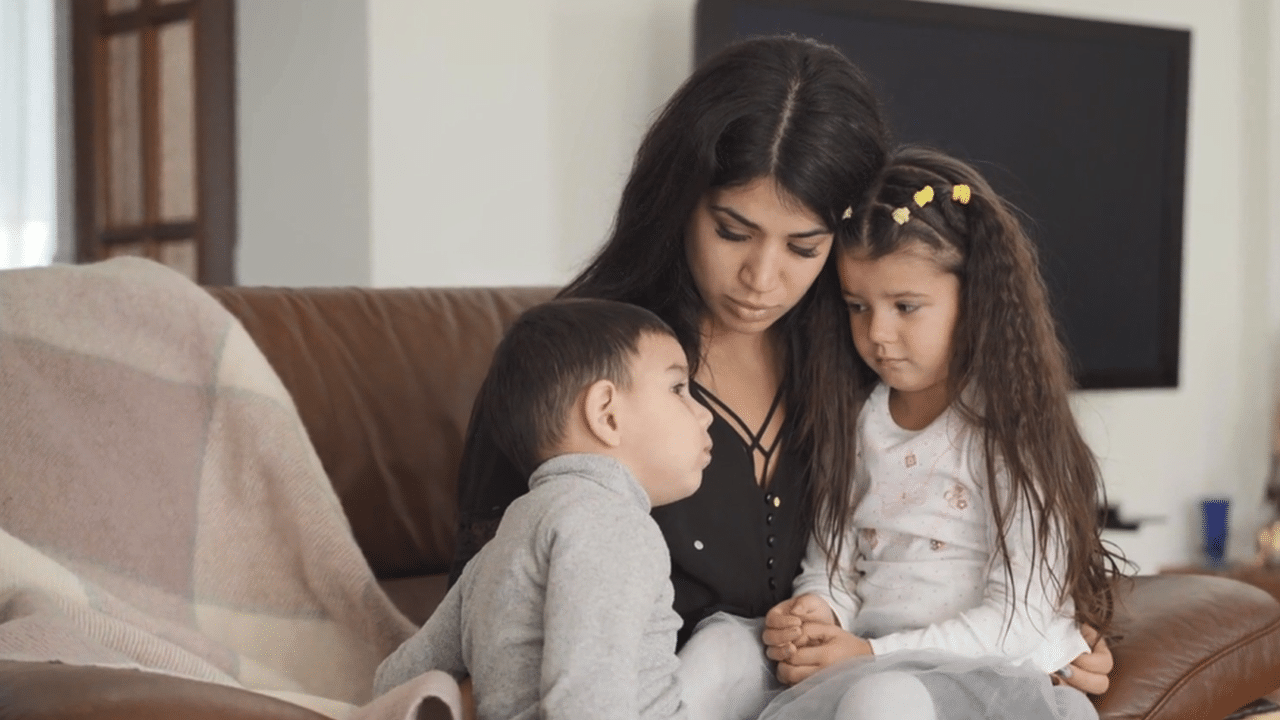Elizabeth Rapa
Clinical Psychologist
I have always been interested in understanding how to help children and families. This began with my undergraduate Biomedical Science degree at KCL, followed by a Masters in Molecular Medicine at UCL. I then decided to use my molecular biology skills to understand more about the mechanisms operating in people who have chronic myeloid leukaemia at Imperial College London. This work allowed me to complete my DPhil at the University of Oxford looking at the cellular differences between two types of a childhood cancer called Rhamdomyosarcoma. During this time I realised that my next step would be to try and use my skills in running projects for studies with human participants, not just their cells! I joined the Child and Adolescent Psychiatry team in 2010 where I have been trial manager of two randomised controlled trials; the OPT study, which helped mothers who had postnatal depression, and SPOCCL, where we provided support to families whose babies had a cleft lip and palate.
Since then I have been lucky enough, under the mentorship of Professor Alan Stein, to develop my own research programme which I co-lead with Dr Louise Dalton. One of our main passions is understanding how we can promote effective communication with children when they or someone they care about is diagnosed with a serious illness such as cancer, diabetes, heart or lung disease. This work has involved creating a suite of resources to help healthcare professionals, care home staff, teachers and families navigate these sensitive conversations. During the pandemic we created a number of step-by-step guides to facilitate talking to children about COVID and when someone had died of COVID. Research consistently shows that when children of any age are told about illness it helps their psychological well-being and family functioning. I hope that my research will increase the confidence of healthcare professionals from every discipline in raising the importance of talking to children about illness and improve the mental health of children and their families for generations.
Find out more about our research on talking to children about difficult topics here.


